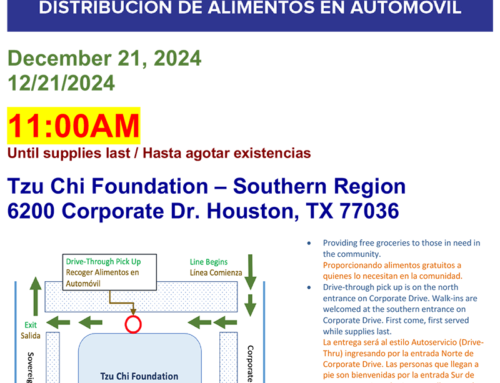
The Texas House Select Committee on Educational Opportunity and Advancement voted 10-4 in favor of House Bill 1 (HB1) on Friday, November 10th. This voucher bill will give about $10,500 per student of your public tax dollars to private schools; with no accountability to taxpayers. Meanwhile, Texas public schools are operating on deficit budgets, struggling to recruit and retain teachers, and trying to pay for school safety needs.
There are several key elements to HB1:
- Increase the basic allotment from $6160 to $6700 in fiscal year 2025
- Provides a pass-through retention stipend of $4,000 for each full-time employee on the minimum salary schedule and $2,000 for each part-time classroom teacher, librarian, school counselor and nurse
- Makes a number of other changes to the school finance formulas in FY 2025 and FY 2026, including increases in the small and mid-sized allotments, an allotment for special education initial full individual evaluation, a repeal of the cap on the fast-growth allotment and an increase in the charter school facilities allotment
- Creates an Education Savings Account to provide $10,400 per student to pay for private school or $1,000 per student to pay for a home school. Current public, private and homeschooled students would be eligible
For our district, an increase to the basic allotment is a driving increase to multiple levels of funding in addition to the basic allotment. The overall increases for Alief ISD could be in the neighborhood of an additional annual increase in funding of nearly $30 million, depending on the number of students enrolled by that year.
On the surface, HB1 puts more dollars into public education, but at a cost. Nearly 5.5 million students are educated through Texas public schools. HB 1 links school funding and ESAs, which ensures that additional dollars for public schools are held hostage until ESAs are approved. In all likelihood, the financial ramifications will keep coming.
The $540 increase in the Basic Allotment is far less than what is needed to make up for 19 percent inflation since the last Basic Allotment increase. The ESA provision alone will cost more than $2 billion per year by 2028, per LBB. The universal ESA in the bill will cost billions of dollars per year by making ESAs available to all students, regardless of whether they currently attend public or private schools — or whether they would enroll in public or private schools in the future. In other states, ESAs mostly benefit families already attending private schools.
With no meaningful increase to the basic allotment since 2019, most school districts are struggling to be able to maintain the status quo, much less differentiate from one another to give parents choices. To maintain normal operations and instruction, remain competitive for teacher salaries, handle the increasing costs of benefits, fuel, energy, costs of technology and
increasing mental health needs, emergent bilingual needs, and strategic initiatives, Alief ISD needs to be the choice for all parents, keeping our enrollment and revenue outlook healthy.
As we continue to fight for more financial support for Texas public schools, we ask our stakeholders to stay abreast of what is happening in Austin. The only way to ensure public education is viable and here for the next generation of Texas leaders is to stay aware, and remain vigilant as you visit with elected officials. What else can you do?
Will you take one minute to contact your representative and members of the House Select Committee and ask them to support public schools and say no to vouchers?
We thank you for your continuous support of Alief ISD. We will continue to share updates with you throughout this process, and no matter the outcome, we will always do what is best for our students and staff and those who will enter our doors in the future.
Sincerely,
Dr. Anthony Mays
Superintendent of Schools
Alief ISD






Leave A Comment